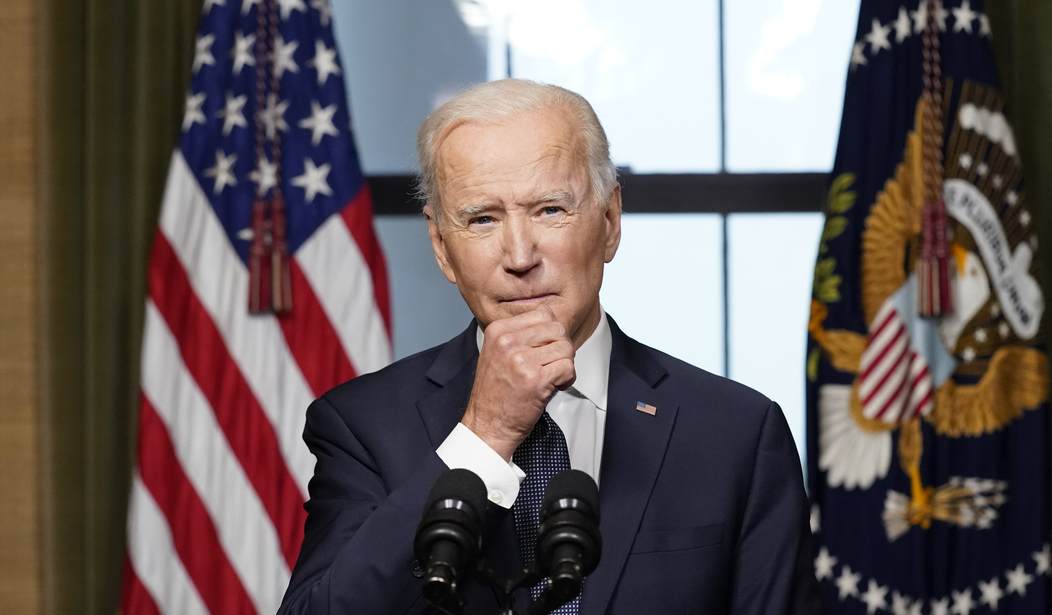As August 31st approaches, the quickening pace of collapse of the Afghanistan government’s provincial capitals mirrors the end game of another painful American debacle.
We are about to lose another war. By my reckoning, it will be lost dramatically. I fully expect to see commandeered US armor knocking down the gates of power in Kabul resurrecting PTSD flashback images of the tanks breaking through the gates of the US embassy in Saigon on April 30, 1975, and loss of the US Embassy in Tehran on November 4, 1979.
The foreign policy implications of this loss will be far-reaching for the United States. The last time we lost a war where we were militarily superior yet culturally deficient, it plunged our nation into a decade and a half of self-doubt. It is about to do so again particularly for the veterans of our conflict in the Middle East who will see all the dominos that they spent their adult lives erecting fall back to earth. They will ask, as all veterans do, why did we have to die for nothing?
That’s a hard one to answer when you consider that we went to Afghanistan, then Iraq, and finally Syria pursuing goals that were always unrealistic. We drank the Kool-Aid and believed the soothsayer overtures of nation-building to save helpless people from the tyranny.
The national debate will follow. Who’s going to want to do that again? For whom? The EU over Ukraine? Have you lost your mind? Just get ready to muddle through it. Nothing can stop the trainwreck now. You can see every rival of the USA eagerly anticipating where opportunity will present itself.
Strategic realists, including myself, never believed our Middle East “Coalition of the Willing” would work. A proper student of empire management who studies history understands that plans and commitments to change regions require being part of a solution for at least three generations. That’s between 100 and 150 years of deep commitment — of not just military control, but to the shaping of social engineering in radical ways that change entire value systems. Historically, this is the work of empires whose lifetimes are measured in eons; and whose leaders are willing to use tools of statecraft we would consider criminally inhumane.
The fact of the matter is that a country only 245 years old, that hasn’t even figured out who we are internally, is entirely unsuited to meddle in cultures ten to twenty times our age. It’s pure hubris. Hubris that has a calculable constant cost of around 400,000 lives per decade per mistake, a sad fate for what biblical documentation calls “the meek.” Engineers and economists call it shock-response dampening, a clinical term for valleys of fruit orchards burned to become opium fields; and brutal killings and enslavements by faction after faction reverberating like the staccato of a snare drum.
When we first went to Afghanistan in the 1980s, it was part of the subterfuge of the Cold War. We involved ourselves with the Mujahadeen who were fighting to expel the Russians from their land. Our people at the CIA seized on this intense independence, much the same way they had done in other places, most of which didn’t work out either, to engage in yet another proxy way to annoy the Soviet Union. That’s not really the best basis to begin a nation-building exercise.
I remember writing about such reservations when we decided to enter Afghanistan after 9/11. This time, we were the Russians and the Mujahadeen had morphed into something called the Taliban. I was sure that in time, their deeper religious and cultural ties to Al Quaeda, whom they were sheltering in the mountains of Tora Bora, would not go well for us. It was a bad hand of asymmetric warfare to overcome. Every other competent military planner I knew at the time worried similarly.
Most of all, I worried that we didn’t have the fortitude to stick around for the required century of commitment. I remember two guys, who would both become future presidents of the United States, expressing much the same concerns. One was a state senator from Illinois named Barack Obama. The other was a businessman from Queens, NY named Donald Trump. Both would come to inherit the consequences of the strategic decisions of their predecessors. Both men would try to extract America from the region on terms acceptable to the US. Both succeeded in some ways yet failed to do so cleanly.
And now comes the Biden administration’s turn reprising the role of President Gerald R. Ford, another affable former member of Congress who inherited an unplayable poker hand. History tends to repeat itself, and this situation has all the hallmarks of a repeat refrain notation in the hymnal.
At this point, we’ve pulled out US troops except for the US Embassy contingent. We’ve seen that posture before. We’ve also collapsed our contractor support contingent that kept the Afghan military’s air and armor infrastructure mission capable. The collapse in morale of Afghanistan’s armed forces being abandoned is entirely understandable. Like the Iraqis in the early phases of the ISIS war, they are computing the exact same rational economic wealth maximizing behavior calculus and giving up. The Taliban will walk unopposed into the vacuum. It is what it is.
For the ordinary Afghan, it’ll be more of a routine changing of the guard, one they’ve seen many times since the dawn of time. For the exiting invaders, a round of soothsaying lore to bandage cuts and bruises begins. The next outsider’s kettle coveting Afghanistan will go on the burner.
By September 11th, the Afghan people will begin a new life under a new socio-political landscape. Objectively speaking, they’ll be the freest from foreign intervention since November 1878 when the British invaded Afghanistan forcing emir Sher Ali Khan from power.
Hey, look at that! That’s 143 years. Them Macedonians and Romans knew their stuff.













Join the conversation as a VIP Member